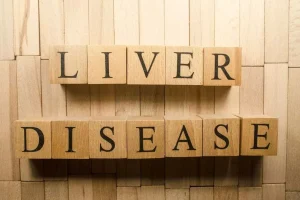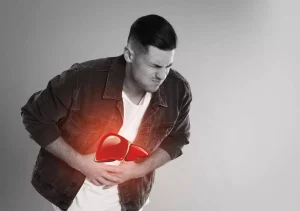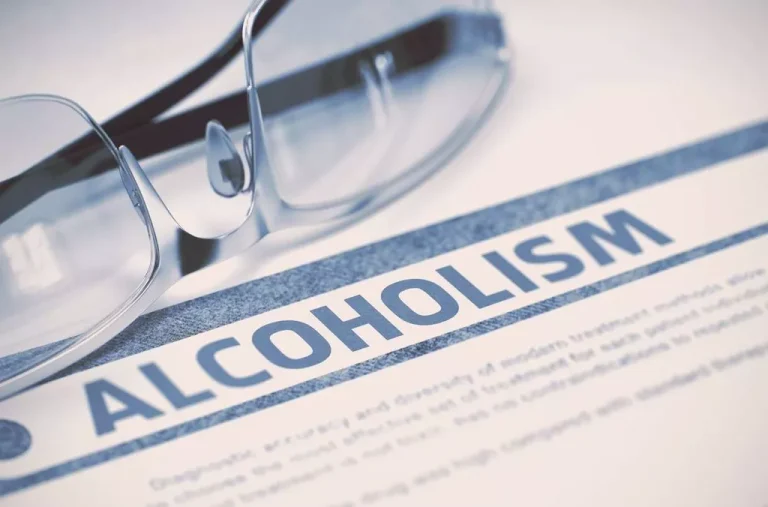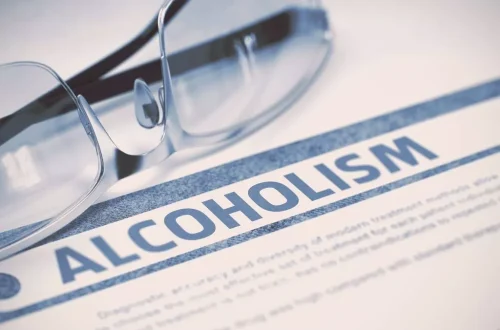
Vitamin C helps to keep the skin healthy, and plays an equally important role in the health of bones, teeth and blood vessels. Deficiencies in vitamin C can cause symptoms that include irritability, weakness and muscle fatigue. The best source of vitamin C in the United States is orange juice from frozen concentrate (more of the vitamin is preserved when the oranges are frozen). Vitamins B6 and B12 play important roles in producing blood cells and supporting the health of the nervous system. Other good sources of vitamin B6 include bananas, avocados, and peanuts.

Alcoholism and Health

Alcohol consumption can lead to iron deficiency, which may cause anemia, fatigue, and a weakened immune system. Ensuring you receive enough iron is essential for the production of healthy red blood cells and maintaining your overall energy levels. Vitamin E is essential for antioxidant protection, which helps the body neutralize harmful free radicals produced during alcohol metabolism. This vitamin also supports liver function and the repair of damaged cells and tissues.
What types of supplements might be particularly helpful for recovering alcoholics?
Thiamine, also known as vitamin B1, is an essential nutrient for the proper functioning of your body, particularly in the conversion of food into energy and the regulation of brain metabolism. Unfortunately, if you have an alcohol use disorder, you’re at an increased risk of thiamine deficiency. This deficiency best vitamins for recovering alcoholics can lead to severe health issues like Wernicke-Korsakoff Syndrome (WKS), which affects the brain and nervous system. Key vitamins for alcoholics to consider include thiamine, vitamin B complex, vitamin C, and vitamin D. These vitamins play crucial roles in repairing damage caused by alcohol use and replenishing vital nutrients that have been depleted. Additionally, minerals such as magnesium, zinc, and selenium can provide much-needed support for cognitive function and overall health.
Nutrient Deficiencies That Could Be Killing Your Sex Drive
Early in recovery, your body will need to readjust to the feeling of hunger. That’s why it’s important to eat three meals a day plus snacks as your body heals. If you don’t feel hungry, think about taking nutritional supplements. Without it, you can have strong cravings, mood swings, and hostile behavior. We get amino acids from protein in foods like meat, dairy products, and nuts, along with some grains and beans. Too much alcohol can cause inflammation in your stomach lining and pancreas.
- Most supplements mentioned are safe for individuals with alcohol allergies, but it’s important to check labels.
- It’s crucial to engage with your healthcare provider when considering vitamin supplementation as a means of support during your recovery.
- More than 10mg a day is not recommended as the effects are unclear.
- B vitamins, including B2, B3, B5, B6, B12, and folic acid, play a crucial role in energy production, nervous system function, and brain health.
Dehydration is a common symptom of alcohol withdrawal, and it can exacerbate fatigue and other symptoms. Drinking plenty of water and other electrolyte-rich beverages can help replenish lost fluids and electrolytes. Aim to drink at least 8-10 glasses of water per day, and consider incorporating coconut water or sports drinks to help rebalance electrolyte levels.
This can trigger a range of symptoms, including anxiety, insomnia, tremors, and fatigue. The severity of these symptoms can vary depending on the individual’s drinking history, overall health, and other factors. Seeking medical attention is essential for anyone experiencing alcohol withdrawal, as it can help prevent complications and ensure a safe and supportive recovery environment.
- Proper supplementation, under the guidance of healthcare professionals, can help replenish nutrient levels and support the recovery process.
- If you’ve either recently joined the road to recovery or have been beating addiction for some time, I first want to say- I AM SO PROUD OF YOU.
- Alcoholics may have weakened immune systems, so increasing your intake of vitamin C can give your body the support it needs to fight off potential threats.
- As for muscle and joint recovery, Nguyen recommends taking collagen in the evening, as the body naturally repairs itself during sleep.
People with alcohol use disorder are more likely to have a less nutritious diet, which exacerbates vitamin deficiencies. Alcohol tends to affect the absorption of all vitamins, but particularly vitamin B12, which depletes even with moderate alcohol use. Certain vitamins are vital to repairing and building cells required for bodily Halfway house functions.

By addressing nutritional imbalances and supporting your body’s repair processes, you can pave the way towards a healthier future. Supplementing your diet with essential minerals like magnesium, zinc, iron, and calcium is a vital aspect of recovery from alcohol use disorder. Ensure you consult with a healthcare professional to determine the appropriate dosages and supplements to support your journey toward better health. Iron and calcium are two more critical minerals for anyone recovering from alcohol use disorder.



